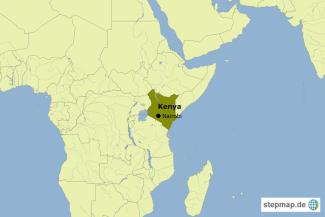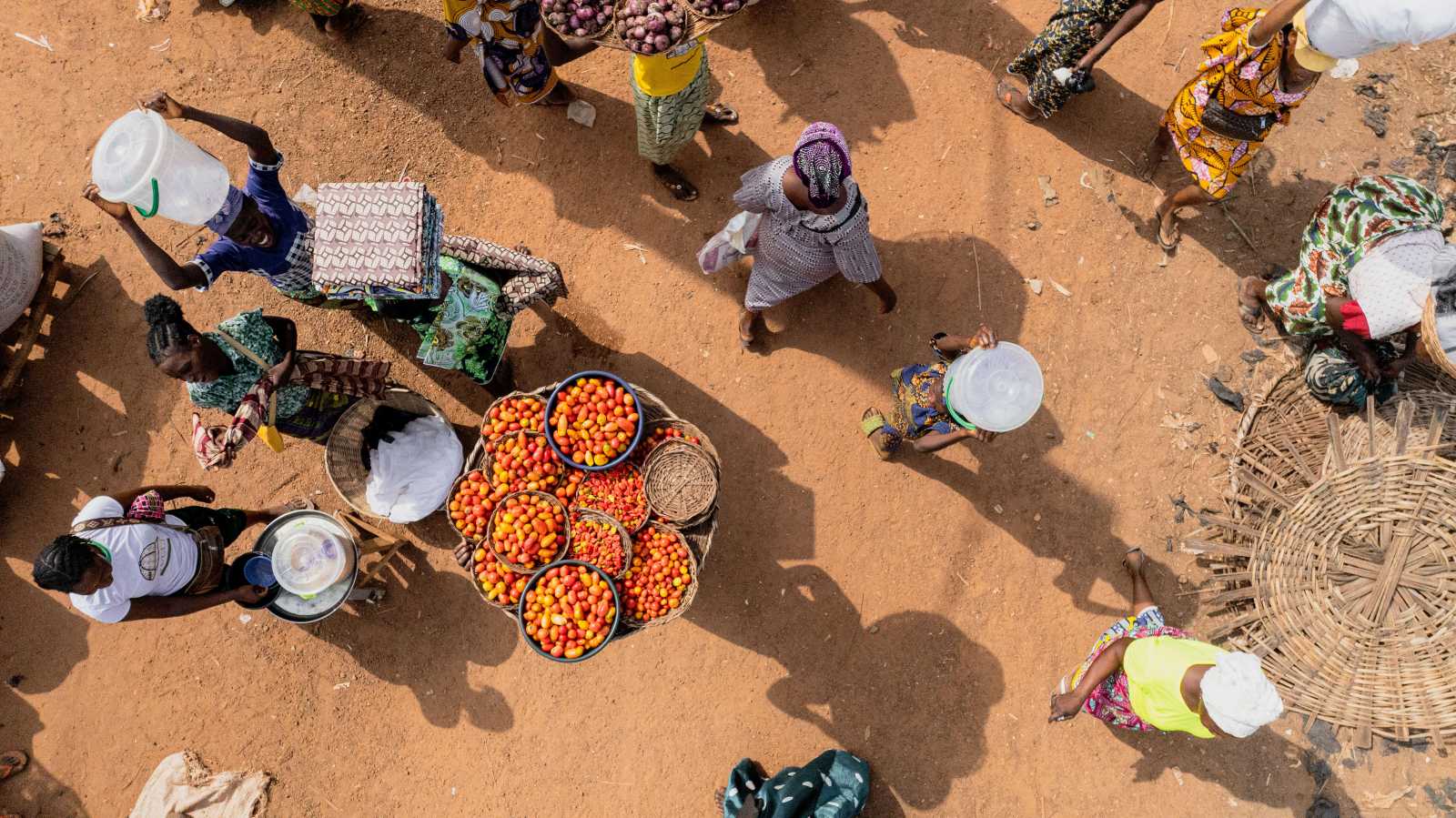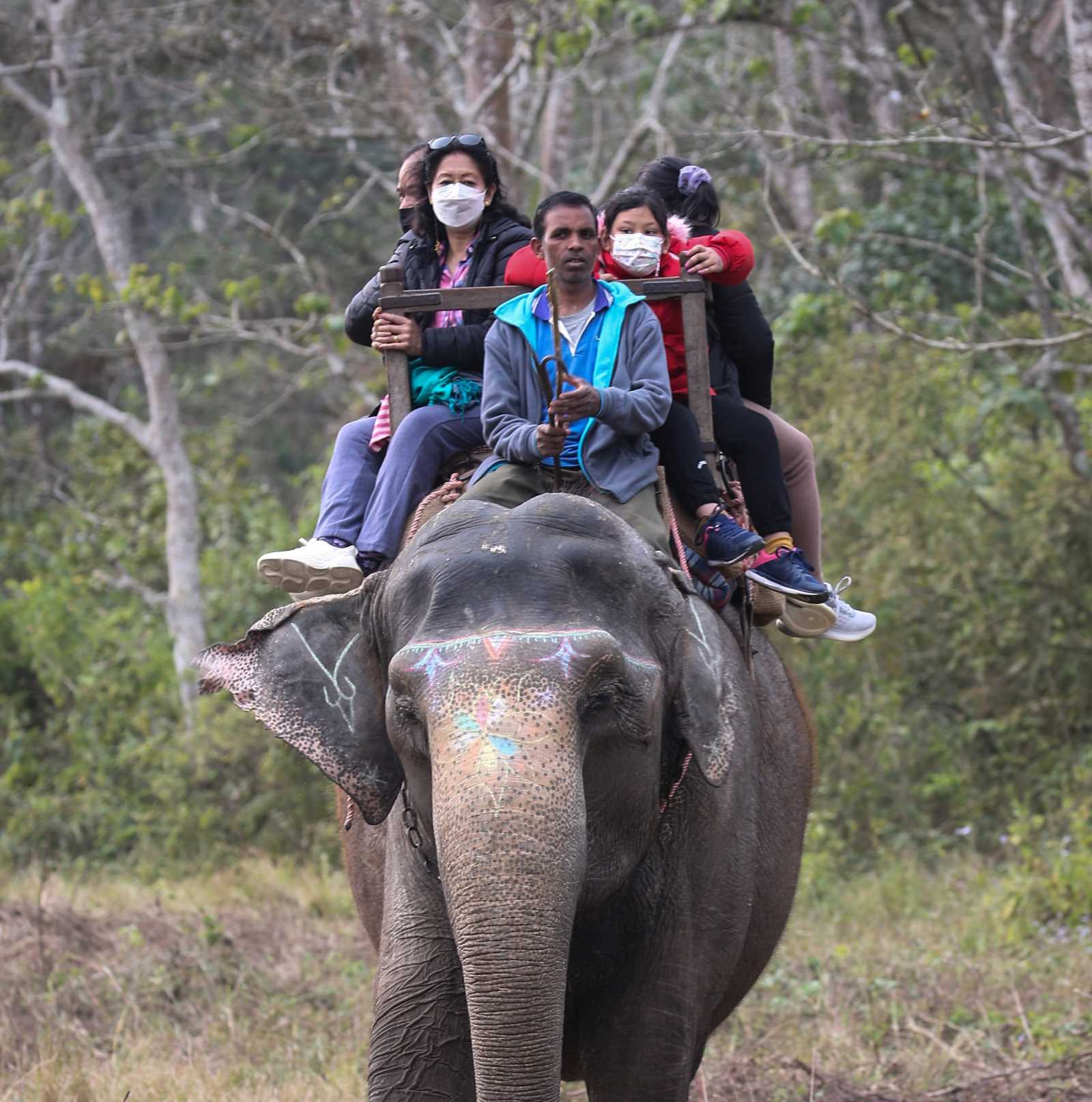Kenya
Poor Kenyans complain about rising public debt

Kenya’s public debt is said to have risen from $ 23.96 billion in 2013 to $ 70.17 billion in 2021. Large infrastructure projects are a big contributor to this. For instance, at a cost of $ 3.6 billion, a standard gauge railway (SGR) was constructed in 2017 covering 578.8 kilometre (km) from the coastal town of Mombasa to Nairobi. Three years later, a major road project, the Nairobi Expressway, which is 27 km long, was commissioned at a cost of $ 879 million to ease traffic congestion in the city.
In the wake of rising commodity prices, financial hardship and increasing poverty, various Kenyan “Jua kalis” have voiced their concerns about the debt situation and its impact on their livelihood. “Jua kali” is a Swahili term used to refer to those who do their trade in the informal sector.
Civil-society organisations in Kenya under the umbrella body “Okoa Uchumi”, led by The Institute of Social Accountability (TISA) Kenya, gathered a group of Jua kalis from Nairobi to discuss public debt and the impact it is having on their lives. Participants also included residents from informal settlements in Nairobi as well as people running small informal businesses.
“Two or three years ago, I would sell a whole bale of clothes in one and a half weeks. These days, it takes sometimes even three months to sell just one bale”, said Simon Mburu, a vendor of second-hand clothes in Muthurwa, a popular second-hand clothes market in Nairobi. He notes, that people just don’t buy clothes as often as they used to. “I have been forced to relocate to a cheaper apartment and have had to take my children to a county school which is still very expensive. They are often sent home for lack of school fees. Life is hard!,” he complained.
Mburu and many other Jua kalis are facing hardship in business and are putting the blame on government. They feel that more investment should be channelled in other productive sectors. “Of what importance is that shiny railway to me when I do not have the capital to support my small business? Or to feed my family? And that we are pressed by the government to pay back these loans is not fair. Part of that money should come to support small businesses!,” Mburu added.
Diana Anyango, a single mother working with a grassroots group advocating for social justice also decried the increasing cost of living. “I must ration household goods to save on the cost of living – from basic things as toilet paper to water. We do not take a shower every day because a 20 litre can of water costs 50 Kenyan shilling ($ 0.5), and so I must decide whether to buy water or buy food. It is not easy; you lose your dignity if you are struggling on whether to take a shower or buy food,” Anyango said.
Kenyans such as Mburu and Anyango wish to be supported by the government instead of having shiny infrastructure projects.
Jacob Opara is a research and development consultant in Kenya.
skombucha@gmail.com












